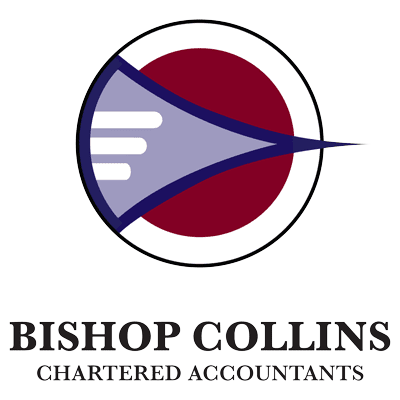
Aleisha Hey
Marketing and Communications Manager
Cash flow and staying ahead over the Christmas break
Managing your cash flow can be tricky all year, but over the festive season if you haven’t had a plan, it can be a little stressful. Two-thirds (65 percent) of small business owners even feel stressed during the holiday period because of cash flow problems in their business. One of the biggest reasons small businesses fail, or any business fails, is due to not having an adequate cash reserve. In other words, they run out of money. However, with a little forward planning, you can make sure you sail through the festive season and minimise your stress regarding cashflow, for the whole year.
Plan ahead
As you grow your business keeping on top of your cash flow becomes more important and using a cash flow statement will assist you to manage your financial health. Money flowing in and out of your business is called liquidity. To keep your business going you need to have more money coming in than what is going out.
How to write a cash flow statement
It is important to make sure you do your cash flow statements regularly. It may be too late to start this year however start your plan at the beginning of the year so you can be ready for the seasonal changes your business will face. This way you will know where you are in terms of outgoings and incoming to keep your business functioning. It is not practical to do a cash flow statement at the start of the year based on predictions and then not update it.
Your cash flow statement should include the following three main parts:
- Operating Activities
This section will include all the ways your business makes money on a day to day basis. In this section, you can outline all the incoming revenue from customers as well as all the outgoing expenses such as your everyday costs including wages, supplies, and other expenses.
- Investing Activities
If you have committed to any long-term investments for your business this is what you would include in this section of the cash flow statement. Types of investments you could include would be a work car, property, or other equipment you may need to purchase. These are classed as “non-current” assets. You should also include the sale of any of these assets in this section.
If you have purchased and financial assets, such as securities on the stock market, these can also be included here.
- Financing Activities
This is where you record any debt that the business needs to repay, as well as any information about any financial activity, such as business loans or issuing stock.
Depending on what type of business you own your cash flow statement may be very different from other industries.
Other things to consider
- Leaving cash flow decisions until after Christmas is risky. Consider the potential trading influx or decline ahead of time.
- Forecasting cash flow at the beginning of each financial year is advisable. Put a monthly budget aside to cover the loss in cash advance during slow seasons.
- Invoice early. Send out your invoices as early as possible. This should be something you do all year round, but especially in December. Studies have shown the earlier you send out your invoices the quicker you will get paid.
- Plan leave early. Will you need more staff to cover or will existing staff need to do more hours.
- Deal with your creditors and late payers. If you have provided a service you are entitled to payment. Now is not the time to allow people to pay late.
- Clear old stock.
- Plan for tax time. The Scottish Pacific SME Growth Index research shows that more than eight in 10 business owners dip into their own pockets to fund growth. Even a basic cash flow forecast will clearly show if you need additional funding, said Scottish Pacific’s Smith.
- Plan ahead. Set aside time each month to implement a better approach than last year to improve your financial health.
Running a business and managing your financial wellbeing is not easy. There are ways to simplify your life while you run your business. Talk to your accountant and ask them how they can assist you to reduce the stress in your business workload. If you need any assistance with a cash flow statement or planning for next year, please get in touch with us on (02) 4353 2333 or visit our website and get in touch with us via our contact page.



